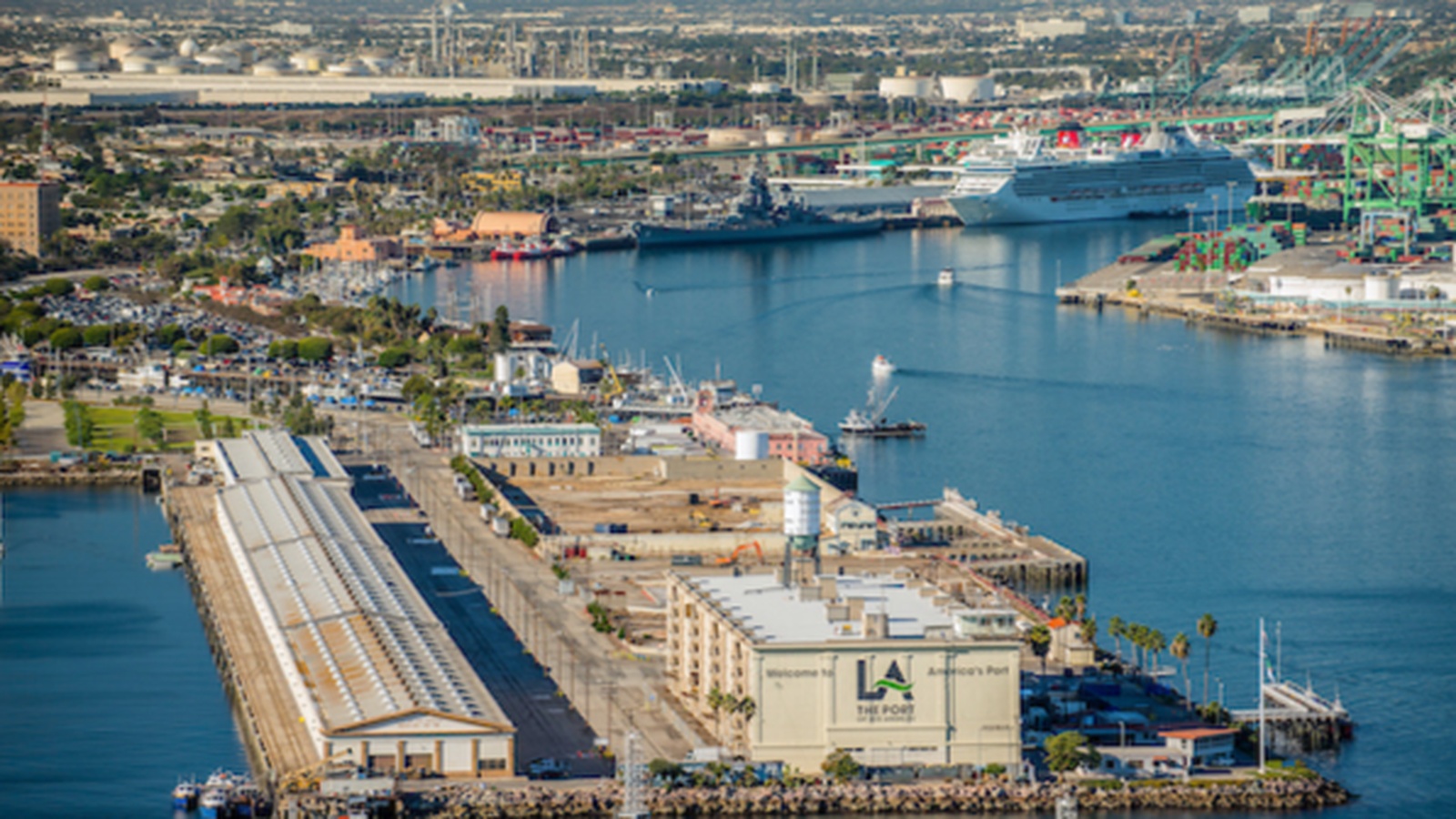“Fix it Now”: Timmons on Taxes, Immigration and the Workforce

“Fix it now.” If yesterday’s Port of Los Angeles virtual press conference had a single message, that was it.
NAM President and CEO Jay Timmons joined Port of Los Angeles Executive Director Gene Seroka for a question-and-answer session on the manufacturing supply chain and “Competing to Win,” the NAM’s agenda for bolstering manufacturing competitiveness.
Labor uncertainty: Timmons acknowledged the positive steps taken by leadership of the Port of LA over the past 12 months to improve the flow of goods, but he noted that workforce concerns continue to create supply chain uncertainty across shipping modes.
- “One of the biggest issues slowing down our domestic supply chains is the labor uncertainty tied to critical infrastructure,” Timmons said. “For example, there was the real danger of a crippling rail shutdown last month. The NAM supported the administration’s efforts to reach an agreement to avert this, but negotiations are still ongoing, and there’s a deadline next month on Nov. 19.”
- The solution, Timmons said, lies with policymakers and industry, who “have to be vigilant about putting out these sparks before they turn into fires.”
Taxes: Timmons also discussed the need for a more favorable tax code, which plays a major role in the ability of manufacturers in the U.S. to compete, he said.
- “For example, a longstanding deduction for full and immediate expensing of research and development expenses is being phased out,” Timmons said. “Businesses will now have to amortize their R&D expenses over a number of years; that’s a huge disincentive that makes it costlier to conduct R&D within the U.S.—not to mention a potentially huge tax hike for small and medium-sized manufacturers at the end of the year.”
- China, meanwhile, allows manufacturers a 200% deduction for R&D expensing, giving that country a major advantage.
Workforce and immigration: Manufacturing is “in the middle of a workforce crisis,” Timmons said. Enacting new, better immigration policy and investing more in certain workforce programs can help solve it.
- Manufacturing has nearly 800,000 open jobs—and many of them could be filled if legislators would expand work-permit programs, Timmons said. “Clearly, we need border security, but we also need more avenues for people to come legally and to work.”
- There should be more federal investment in apprenticeship models, too, so that students can “earn while they learn” in manufacturing, he added.
All hands on deck: Congress must work to fix these issues “in a very bipartisan way,” Timmons said. “We hear all the time from elected officials, both Democrat and Republican, and even independent, that they want to be supportive of manufacturing.”
- “They understand that manufacturing is the lifeblood of any competitive economy … and we appreciate that. But we also need to make sure that in addition to saying good things about manufacturing, that elected officials are actually doing the things they need to do. That’s what [‘Competing to Win’] is all about.”
